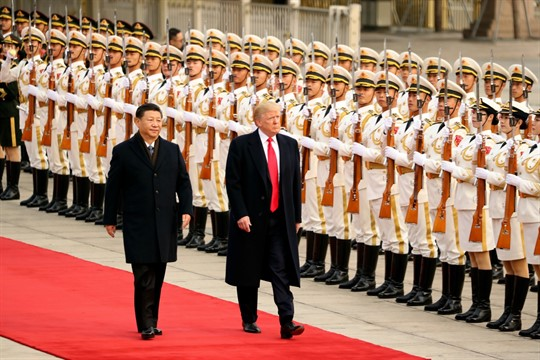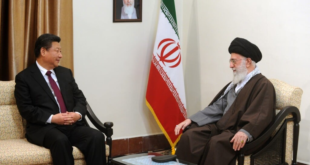Reciprocity has become the watchword for the Trump administration’s increasingly confrontational approach to China, from imposing limits on the movement of Chinese diplomats and journalists within the U.S., to banning Chinese-owned social media and messaging platforms TikTok and WeChat.
The immediate goal is to impose costs for Beijing’s similar restrictions on the activities of American diplomats, journalists and tech companies in China, while insulating the U.S. from the potential security risks of Chinese tech companies that officially operate in the private sector but remain in thrall to the ruling Communist Party.
Beyond that, however, it is unclear what President Donald Trump’s long-term objective is. As with Iran, his administration seems to be intent on causing pain for pain’s sake, with little indication of what China might realistically do, short of regime change, to meaningfully respond to American concerns.
More broadly, as the U.S. raises the stakes in its strategic rivalry with China, it would do well to keep in mind Friedrich Nietzsche’s warning: Be careful who you choose as your enemy, because that’s who you become most like.
 Eurasia Press & News
Eurasia Press & News




